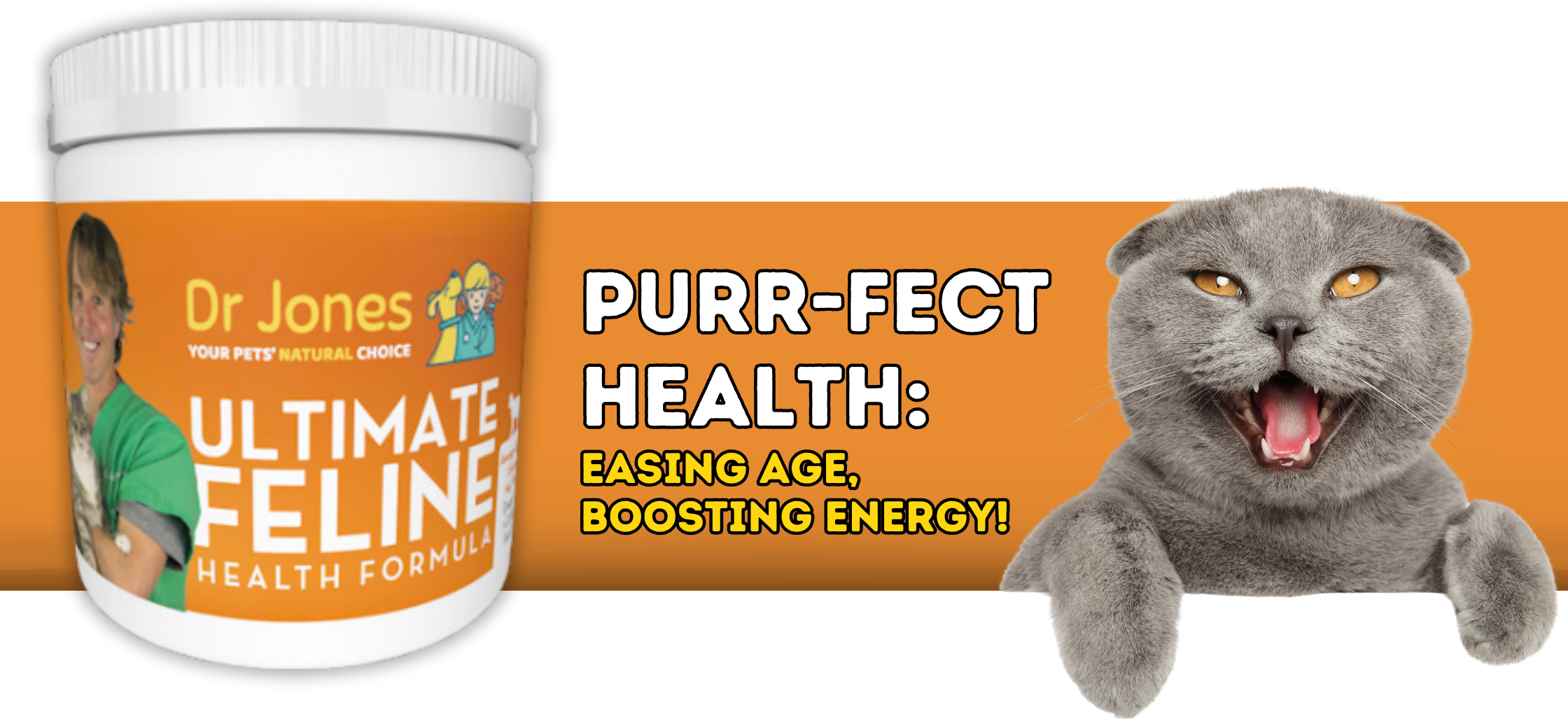Dangers of Dry Cat Food | Risks & Alternatives Explained
The Shocking Truth About Feeding Your Cat
I’ve always been passionate about ensuring our pets lead the healthiest lives possible, which is why I’m eager to share some eye-opening insights into cat nutrition—a topic often overshadowed by misconceptions and misinformation. It’s become increasingly clear to me, especially after engaging with numerous feline veterinary specialists, that many of us might not be feeding our cats as well as we think. Surprisingly, your regular vet may not always be the go-to for the best nutritional advice for your furry friend.
Your Vet Might Not Know Best
In my quest to deepen my understanding of natural pet health and wellness, I stumbled upon some crucial information that I believe every cat owner should be aware of. This journey led me to Dr. Lisa Pearson, a renowned feline veterinarian, who opened my eyes to a concerning truth. Many veterinarians, including myself during my veterinary school days, receive minimal training in nutrition. This gap in education is further exacerbated by the influence of large pet food companies on veterinary curricula, often leading to a bias towards commercial dry kibble diets.
The Big Pet Food Conspiracy
As I delved deeper, it became apparent that the conventional wisdom surrounding cat nutrition—especially the endorsement of dry kibble as a complete and healthy diet—is fundamentally flawed. The harsh reality is that feeding your cat dry kibble can predispose them to a myriad of health issues, including diabetes, kidney disease, and urinary tract infections, to name a few. This revelation was particularly personal to me, as I reflected on my last cat, Murray, who suffered from diabetes due to a high-carbohydrate diet from dry kibble.
Cats Are Carnivores: Feed Them Like One
Cats, as obligate carnivores, require a diet rich in animal protein to thrive. Their unique dietary needs cannot be met by carbohydrates or plant-based proteins like soy, which can actually harm them. It’s crucial to understand that cats have specific metabolic and physiological needs that differ significantly from other pets, such as dogs. For example, cats have a much higher protein requirement and a low thirst drive, necessitating diets high in moisture to prevent dehydration and urinary tract diseases.

Transform Your Cat’s Health with the Right Diet
Taking all this into account, it’s evident that the best diet for a cat is one that mimics their natural prey diet—high in protein, high in moisture, and low in carbohydrates. This can be achieved through canned, homemade, or raw cat food. Making this dietary shift can significantly impact your cat’s health and longevity, steering them clear of common, diet-related diseases.
In conclusion, the journey towards understanding the best dietary practices for our feline friends has been both enlightening and a bit disheartening, realizing how widespread misinformation is. However, armed with this knowledge, I am committed to spreading awareness about proper cat nutrition. Through my upcoming webinar on cat health and nutrition, I aim to share these insights and more, helping cat owners make informed decisions that will enhance the well-being of their beloved pets. I encourage everyone interested in the health and nutrition of their cats to join me in this educational endeavor. Together, we can make a difference in the lives of our feline companions.

Hello, I hope that this message finds you well.
I signed up the cat Health and nutrition webinar for the 13th of the month
I tried to download the free cat nutrition pdf the one that contains the recipes for cat food yet I could not download it to my files. Then l could not find it Again. If I may please ask for it to be sent to me it would be great thank you
Kind regards Evelyn
Hi Evelyn, we’ll send you the pdf through our support desk, please watch for the email.
Hi I tried to do the pdf as well, got sent to the webinar for dog nutrition, I thought this was about cat nutrition as that’s what led me here in my search for the best choice in cat food. I took mine off grits for good but want to make sure I’m using the best wet food Orr make my own. Some act like you would kill your cat if you home make it because it won’t have all the added vitals they shove in there. My question is how are all the feral cats of the world surviving then? Or people that raise bunches of cats on farms? Hmmm? Any help appreciated Thank you.
We do have articles regarding cat nutrition and check it here:
https://veterinarysecrets.com/?s=cat%20nutrition
“Love how you mentioned both the pros and the limitations of each brand. The part about dogs getting tired of Acana was so relatable – my schnauzer went through the exact same phase!”
Yep. I tried too and I could not get it. Thanks. I think I’m gonna give my kitty,Angels dry EXPENSIVE cat food to the strays we feed outside every day. Our first two kitty’s,the vet made us buy them their expensive PRESCRIPTION CAT FOOD they sell. It never dawned on us why the bag for both our kitty’s bag said RENAL FAILURE!!! The bag was ruining their kidneys!!!!
We hear you and you are not alone. This surprises a lot of caring cat parents. Many dry foods even the expensive prescription ones are very low in moisture and that can be tough on a cat’s kidneys over time. Cats are designed to get most of their water from food.
What Dr. Jones recommends in the article is moving toward wet food or adding moisture like water or broth to meals. It does not have to be fancy or prescription to be kidney friendly. The big win is moisture.